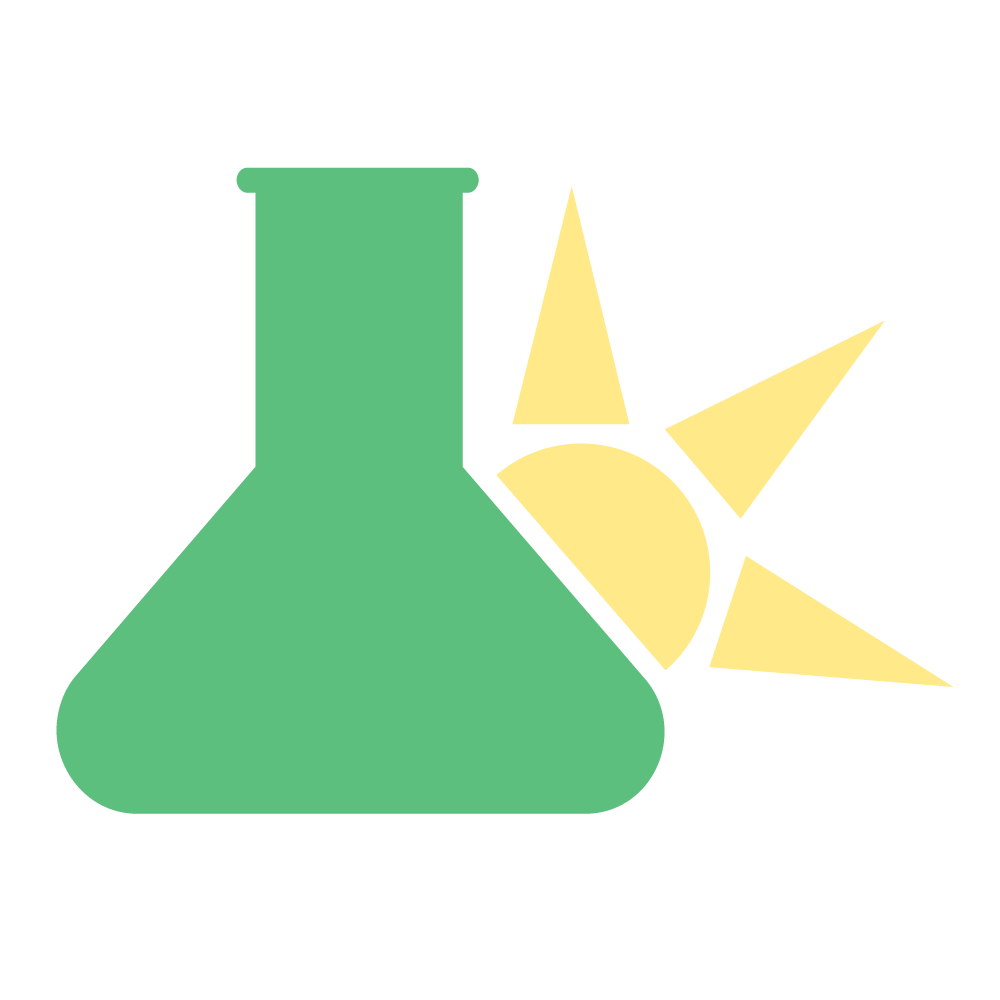What is Rosewood?
Rosewood is a large aromatic tree found in the Amazon rainforest. The heartwood of this giant is a rich source of essential oils with a similar aroma to rose, hence its name.
Despite the usefulness of this essential oil, both for fragrances and topical applications for skin conditions, this herb is not generally recommended. The endangered nature of this tree and unsustainable sourcing are decimating wild stands and carving large areas of the Amazon out of the way in order for harvesters to gain access. Only purchase rosewood from a reputable source that values sustainable farming practices to avoid forcing this tree into extinction.
What Is Rosewood Used For?
The essential oil of rosewood is used for providing its characteristic scent to cosmetic products and in aromatherapy, as well as for treating acne, colds and flus, headaches, skin conditions, fevers, infections, and wounds.
Herb Details: Rosewood
Herbal Actions:
- Anti-inflammatory
- Aphrodisiac
- Thymoleptic
- Nervine
- Sedative
- Analgesic
- Antimicrobial
Part Used
Bark, heartwood, essential oil
Family Name
Lauraceae
Distribution
South America throughout the Amazon rainforest.
Constituents of Interest
- Linalool
- Geraniol
- Alpha-terpineol
- Oxides 1,8 cineole
Common Names
- Rosewood
- Brazilian rosewood
- Bahia rosewood
Botanical Information
Rosewood is an endangered species found growing throughout the Amazon. It's a member of the Lauraceae family of plants which is characterized by their aromatic, evergreen nature. There are about 2850 different species and 45 genera worldwide, mainly found in the tropics.
Clinical Applications Of Rosewood:
Rosewood is mainly used as a topical application for skin conditions in the form of a salve or lotion. It can be used for psoriasis, eczema, inflammation, urticaria, dermatitis, and dry skin.
Cautions:
Rosewood essential oil can cause contact dermatitis in some individuals.











As COVID-19 continues to spread around the world, we’re getting a lot of questions on what the potential role of herbal medicine is during the outbreak. Learn how the virus works and how to limit your chances of transmission.